SINGAPORE – The leaders of China and Taiwan met Saturday in a historic first since their territories split during the Chinese civil war in 1949.
During the meeting, the two men were to address each other simply as “Mr.”
A snapshot of their careers:
___
CHINA’S XI
President Xi Jinping brought the reputation of being China’s most powerful leader in decades to the landmark meeting with Taiwan’s president in Singapore.
Since taking the reins of the ruling Communist Party in 2012, Xi has overseen a major expansion of his authority over the economy, foreign affairs and the security forces, and has taken on powerful vested interests in a sweeping campaign against corruption at all levels.
Xi, 62, is the son of a former vice premier, which makes him a “princeling,” as the sons and daughters of the Communist founders of the People’s Republic are known. Yet he was sent down to the countryside to live in a cave during the political upheaval of the Cultural Revolution, before returning to Beijing for university and a brief spell in the army.
A steady rise up the bureaucratic ladder followed, with appointments in some of China’s most economically vibrant regions. In Fujian province, in particular, he dealt extensively with China-Taiwan economic issues. Xi’s current focus on Taiwan underscores his government’s continued goal of eventual unification, even as China struggles with slowing economic growth and complex regional security challenges.
___
TAIWAN’S MA
The meeting with Xi marks a career capstone for President Ma Ying-jeou, one that he hopes will ensure lasting peace with China and engender regular contacts between their leaders.
Ma, 65, will step down following elections on Jan. 16, and has not said what he plans to do following his eight years in the presidency.
Ma was born in Hong Kong into a Nationalist family that would flee to Taiwan a year later. A Harvard-educated lawyer, Ma started in politics as a personal secretary to then-President Chiang Ching-kuo in the early 1980s. After serving as Taiwan’s justice minister in the 1990s, he won election twice as mayor of Taipei before winning back the presidency for the Nationalist Party in 2008.
Support for Ma gradually eroded over his pro-China policies, leading to major losses for the Nationalists in local elections last year and student demonstrations this year that blocked passage of a bill to expand trade with China. However, in contrast to the turbulence of the past, he leaves Taiwan’s relationship with the mainland in a much calmer state.
The decision to meet with President Xi has been applauded by Washington, Taiwan’s key ally and protector.
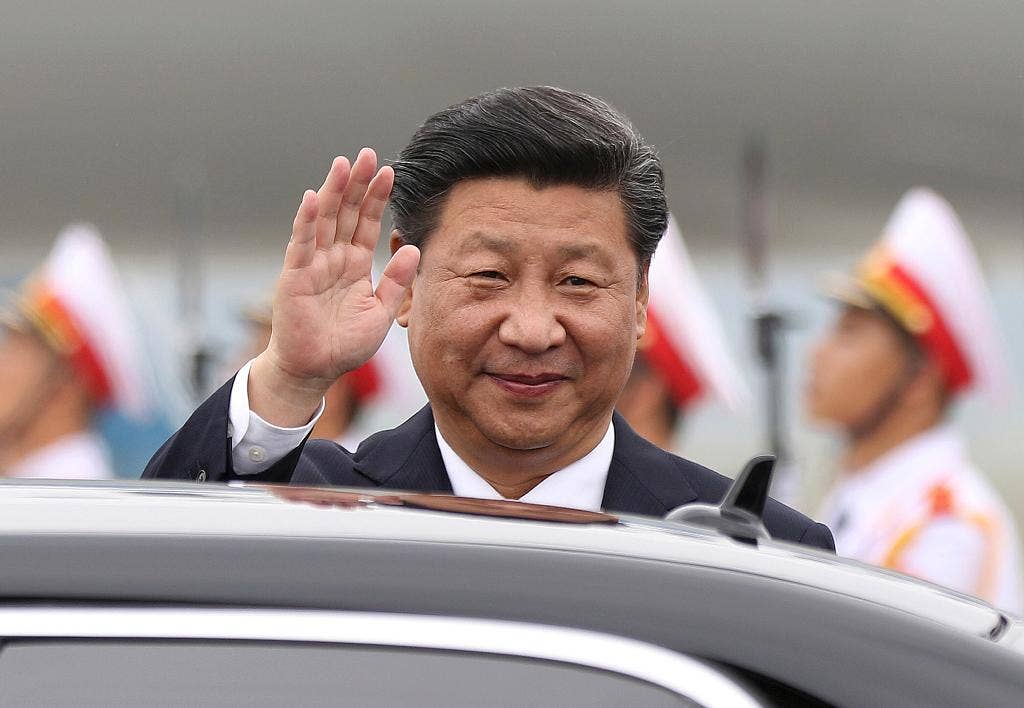

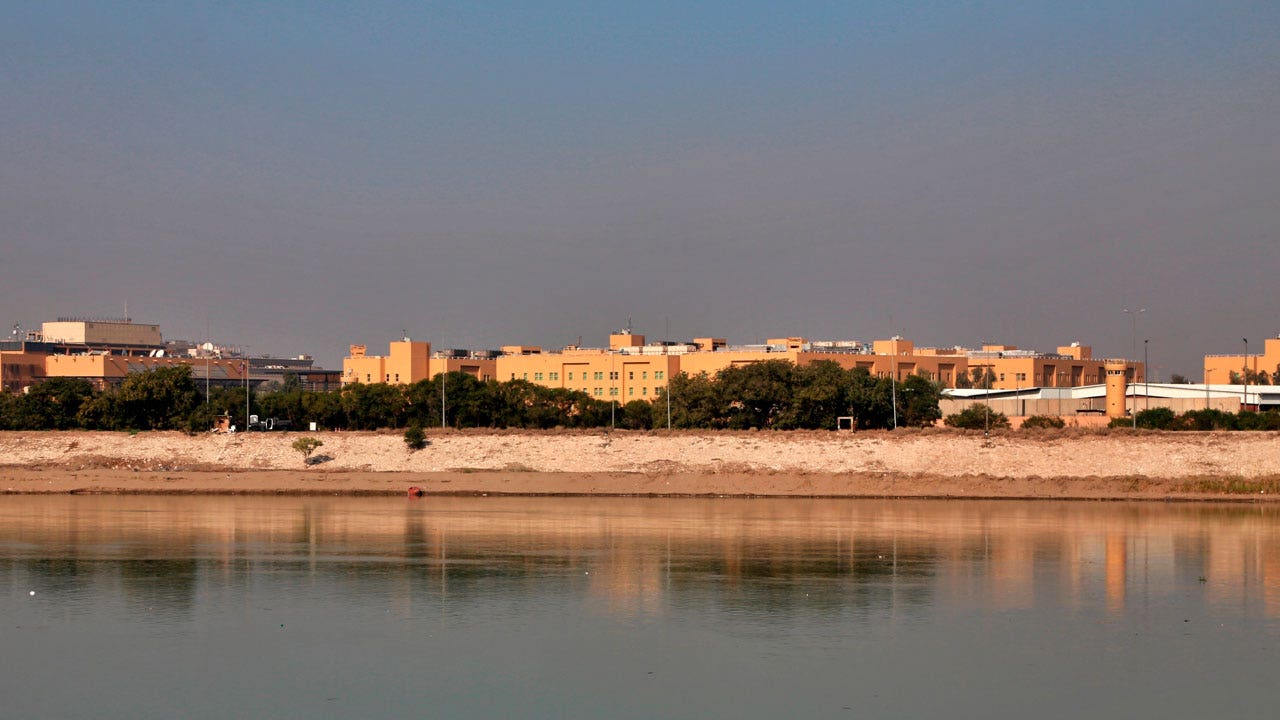
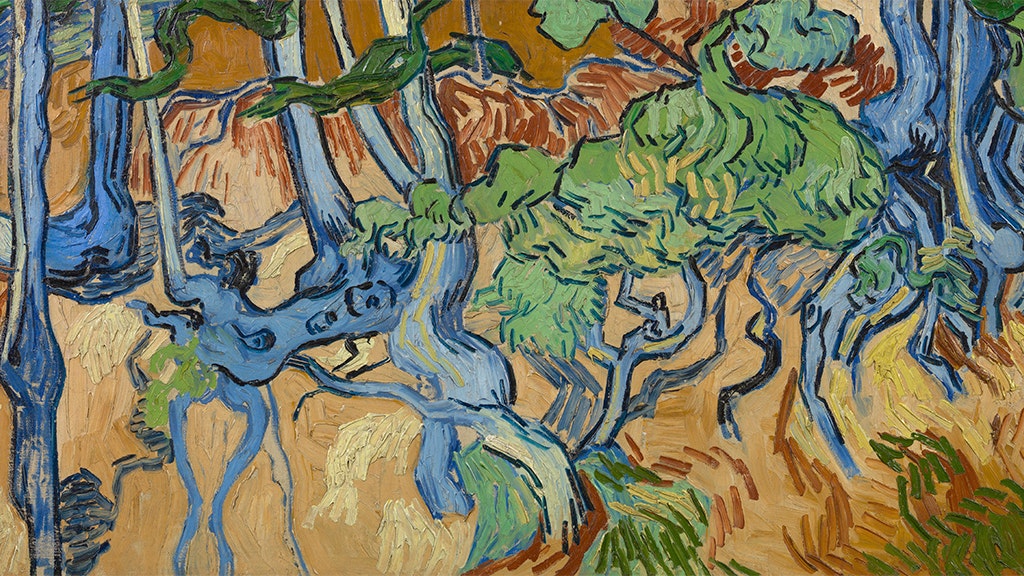
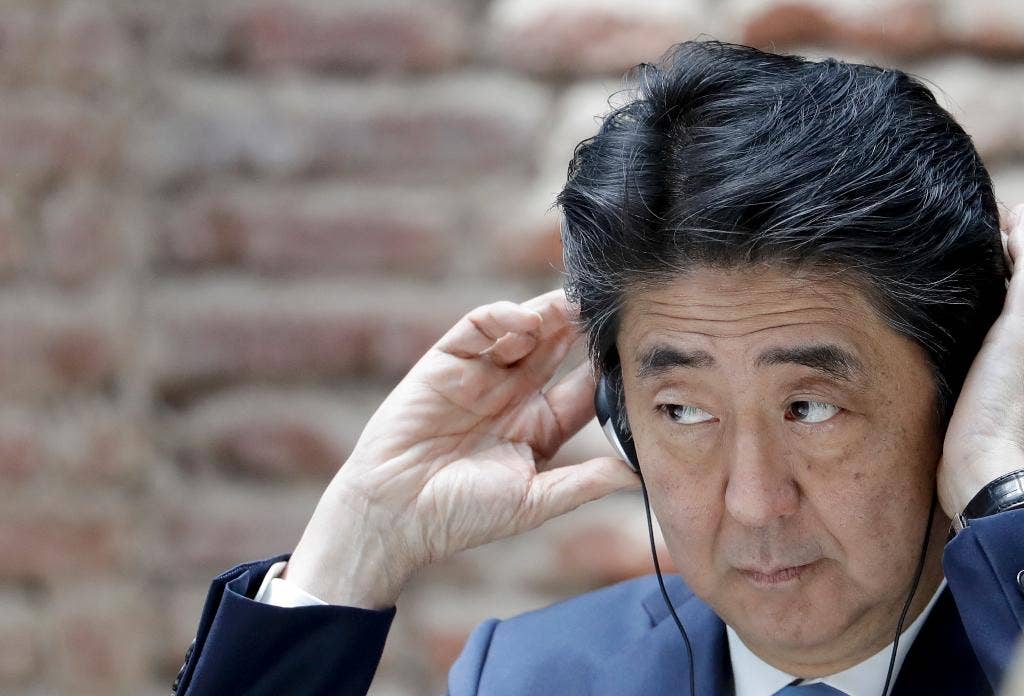

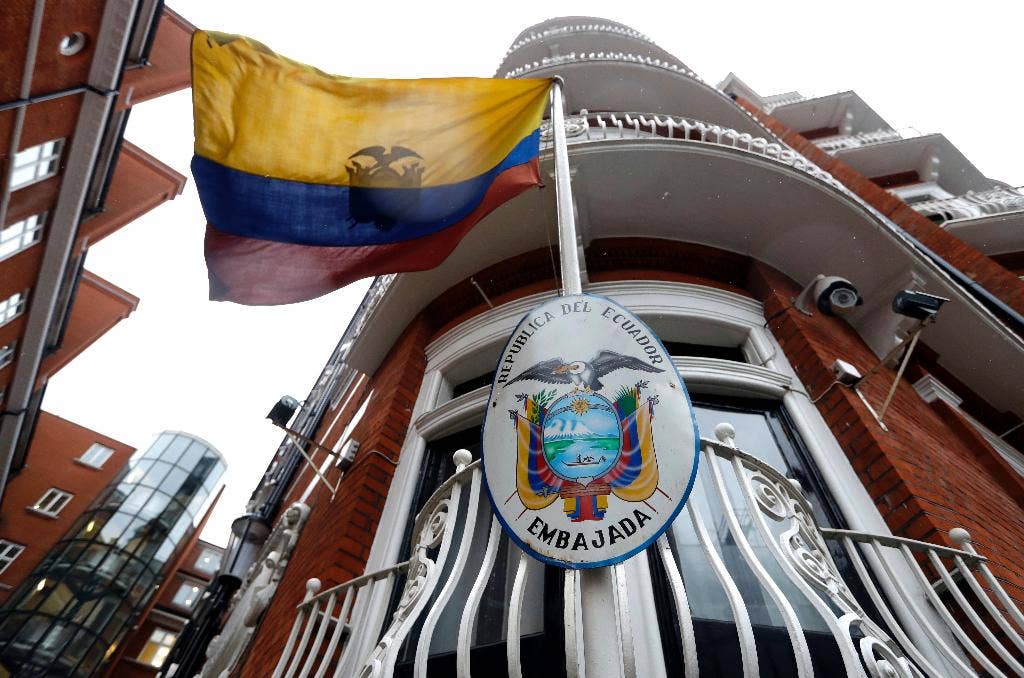
Leave a Reply